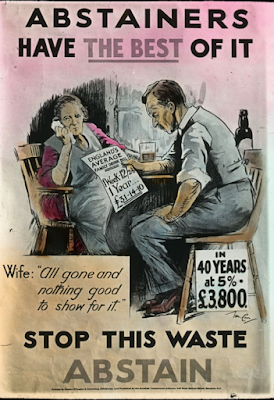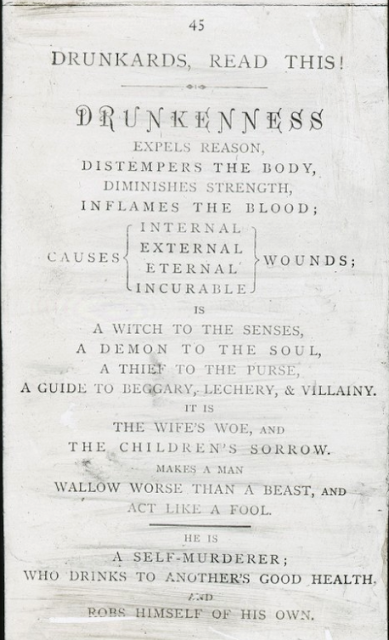We are six days into the new year and I am not my usual garrulous self, since I have "gone cold turkey." Finding myself in a situation where such a term is applicable, I thought I would try to find out what it meant. Basically, going ""Cold turkey" refers to the abrupt cessation of a substance dependence and the resulting unpleasant experience, as opposed to gradually easing the process through reduction over time or by using replacement medication. That is the first sentence from the Wikipedia entry and I agree that it is an "unpleasant experience." The entry is a good one, including a bit about the etymology of the words and I will say no more about it, except that it can also be a term of exclusion, as in "giving someone the cold turkey treatment."
The question is, when you go cold turkey, are you on or off the wagon? I knew what "cold turkey" meant, although I wasn't sure where the expression came from. I was less sure about the wagon issue and also didn't know about its origin. Since I am sober, I will keep this short: if you are "on the wagon", you are sober; if you are "off the wagon" you are drinking. Perhaps thinking of it this way, will help: "A cold turkey is on the wagon."
I am not talking turkey here (i.e speaking with little preparation) and will say a bit more about now being on the wagon since there was no Wikipedia entry for that expression. Here is an explanation straight from the horse's mouth (Hendrickson's, The Encyclopedia of Word and Phrase Origins:
The original version of this expression, 'on the water wagon' or 'water cart,' which isn't heard anymore, best explains the phrase. During the late 19th century, water carts drawn by horses wet down dusty roads in the summer. At the height of the Prohibition crusade in the 1890s men who vowed to stop drinking would say that they were thirsty indeed but would rather climb aboard the water cart to get a drink than break their pledges. From this sentiment came the expression 'I'm on the water cart,' I'm trying to stop drinking, which is first recorded in, of all places, Alice Caldwell Rice's Mrs. Wiggs of the Caggage Patch [1901], where the consumptive Mr. Dick says it to old Mrs. Wiggs. The more alliterative 'wagon' soon replaced cart in the expression and it was eventually shortened to 'on the wagon.' 'Fall off the (water) wagon' made its entry into the language almost immediately after its abstinent sister."
Six days is a long time and I am sure that soon I will be three sheets to the wind.
Sources:
It was unfair to end it there. Those of you interested in idioms should look at the U.K.s, The Phrase Finder, or read this short explanation for, "three sheets to the wind."
The term comes from sailing ships and refers to the sheet, or rope, that controls the sail. If a sheet is allowed to flap freely in the wind, the sail also flaps about and the vessel proceeds on a tottering course, like that of an intoxicated person. The more sheets are loose, the shakier the course. Dickens used the expression figuratively in Dombey and Son (1848): “Captain Cuttle, looking . . . at Bunsby more attentively, perceived that he was three sheets in the wind, or in plain words, drunk."


No comments:
Post a Comment